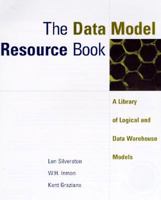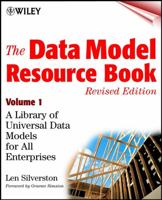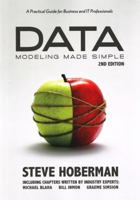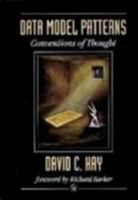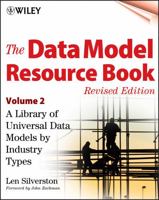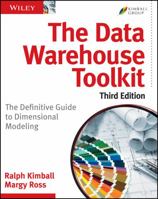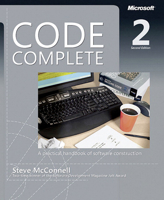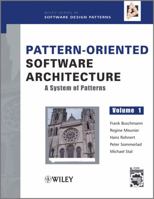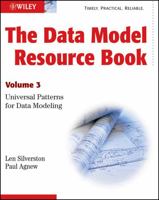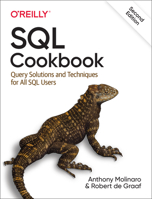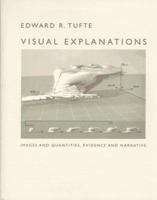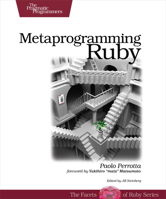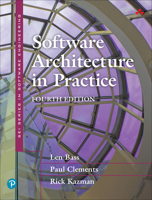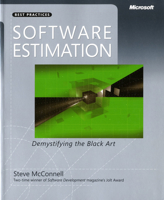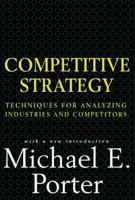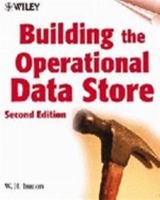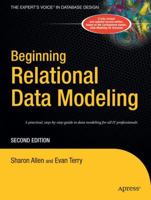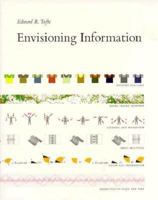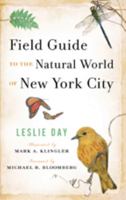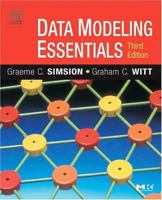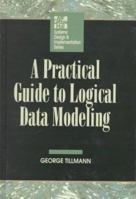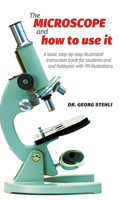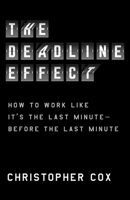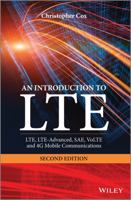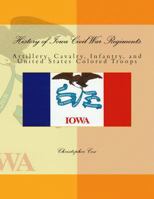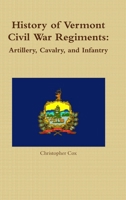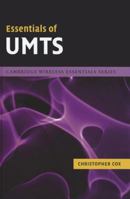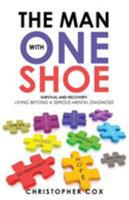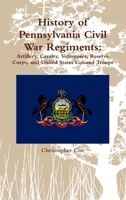Evidences of the Christian Religion With Additional Discourses on the Being and Attributes of God and the Other Important Doctrines of Natural and Rev
Select Format
Select Condition 
You Might Also Enjoy
Book Overview
""Evidences of the Christian Religion"" is a book written by Joseph Addison, a prominent English essayist and poet. The book is a collection of essays that aim to provide evidence for the truth of the Christian religion, as well as explore other important doctrines of natural and revealed religion. In addition to discussing the existence of God and His attributes, Addison also examines the concept of divine providence, the nature of the soul, and the importance of prayer and worship. He also explores the role of reason and revelation in understanding religious truth, and argues that Christianity is the only true religion.Throughout the book, Addison draws upon a variety of sources, including the Bible, classical literature, and the writings of other theologians and philosophers. His writing is characterized by its clarity, eloquence, and depth of insight, making it a valuable resource for anyone interested in the study of religion and theology.Overall, ""Evidences of the Christian Religion"" is a classic work of Christian apologetics that remains relevant and insightful to this day.1759. The character of Mr. Addison and his writings, for justness of thought, strength of reasoning and purity of style, is too well established to need a recommendation. Their greatest ornament, and that which gives a luster to all the rest, is his appearing throughout, a zealous advocate for virtue and religion against profaneness and infidelity. Written in Old English.This scarce antiquarian book is a facsimile reprint of the old original and may contain some imperfections such as library marks and notations. Because we believe this work is culturally important, we have made it available as part of our commitment for protecting, preserving, and promoting the world's literature in affordable, high quality, modern editions, that are true to their original work. This description may be from another edition of this product.
Format:Paperback
Language:English
ISBN:0766168042
ISBN13:9780766168046
Release Date:July 2003
Publisher:Kessinger Publishing
Length:316 Pages
Weight:1.55 lbs.
Dimensions:0.7" x 8.7" x 10.5"
More by Christopher Cox
Customer Reviews
0 customer rating | 0 review
There are currently no reviews. Be the first to review this work.












